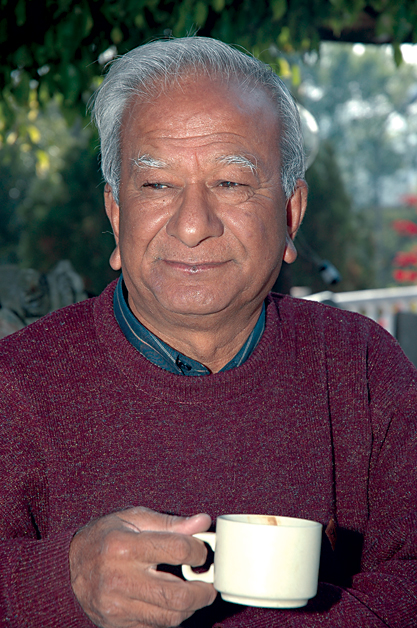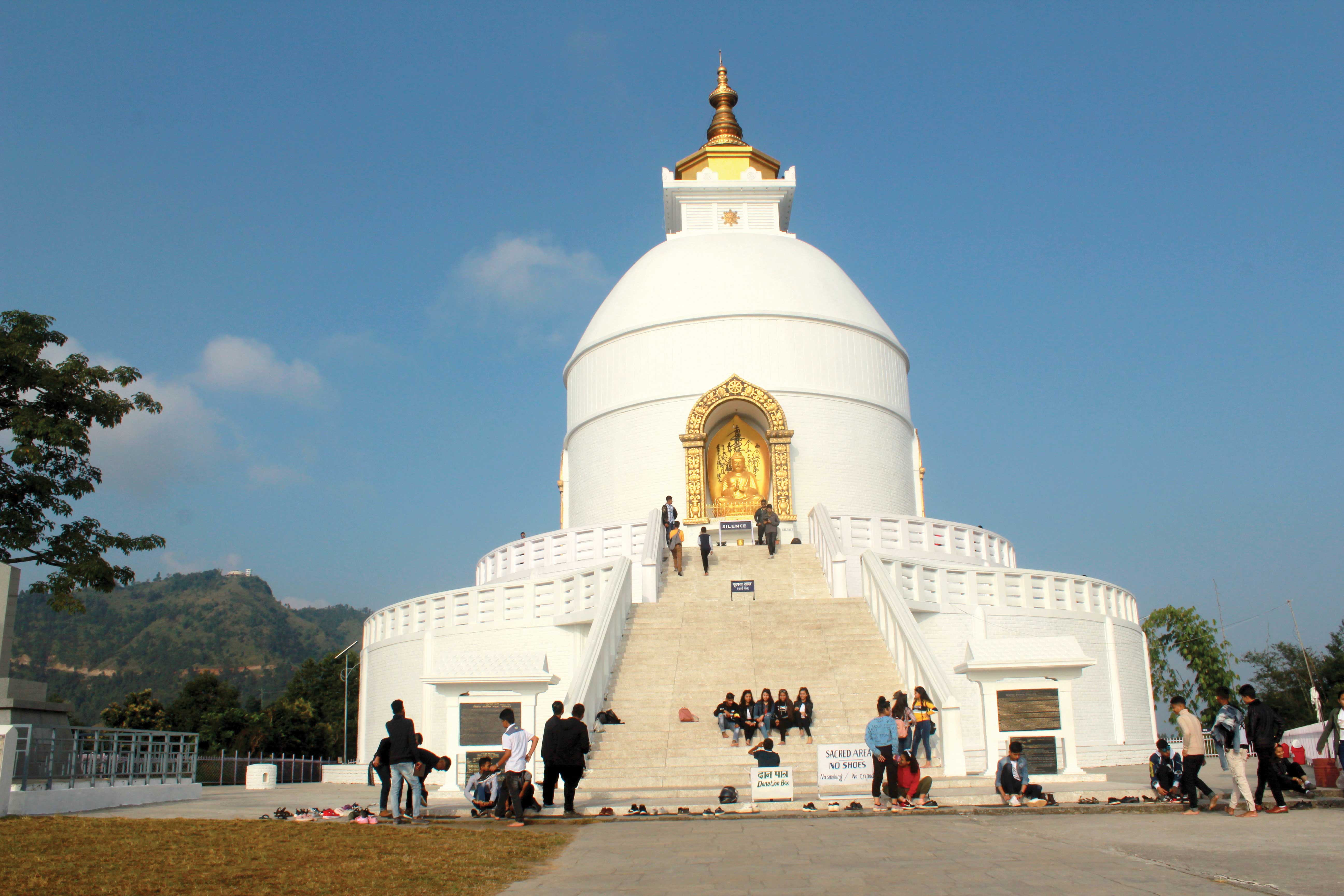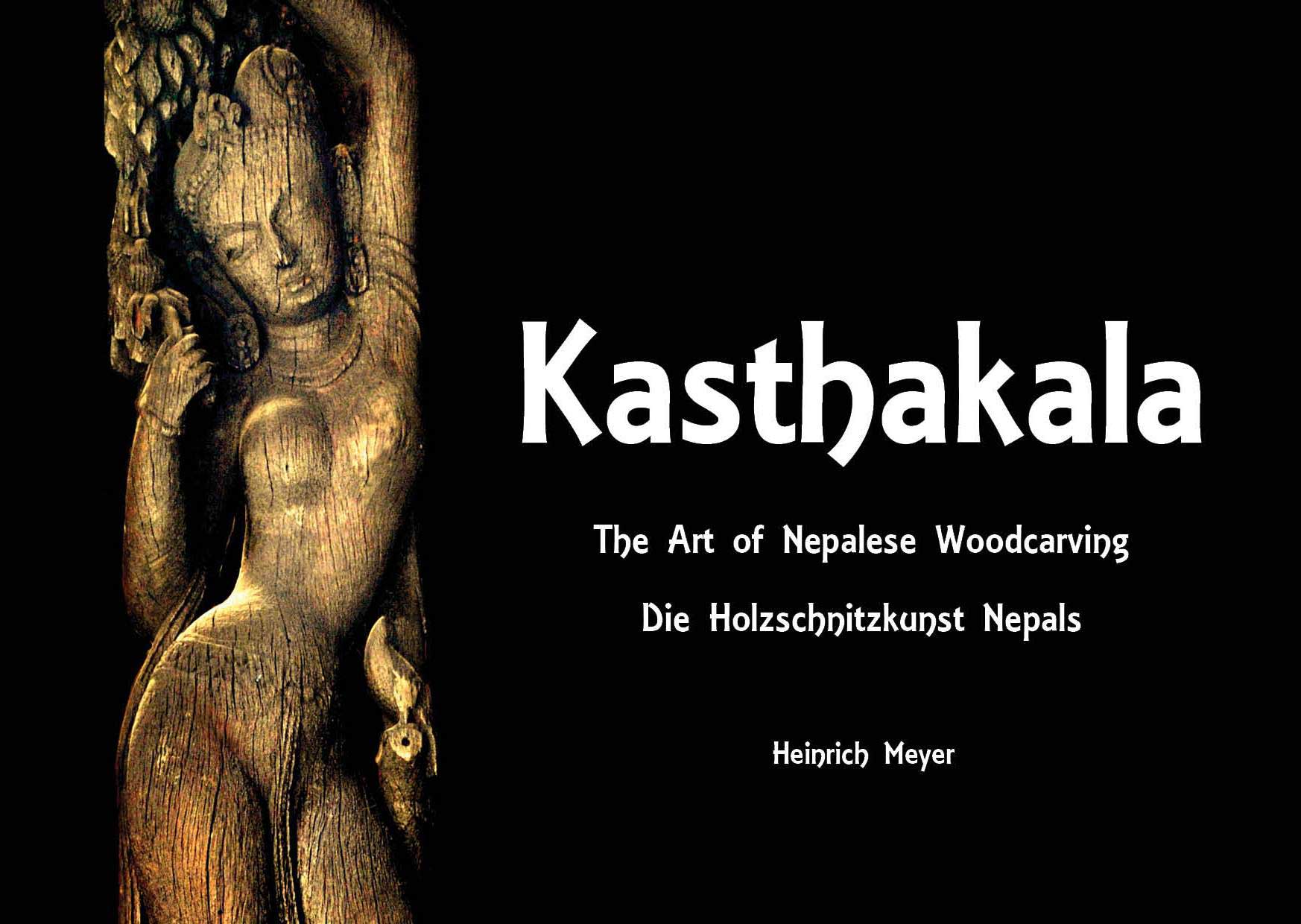Who and what do you know of Dhulikhel? Located 30 km east of Kathmandu, Dhulikhel was
once a major stop in the trans-Himalayan Tibetan trade. Today, astride the Arniko Highway (the modern motor road to Tibet), it is one of Nepal’s premier hill resort destination, with sparkling views of the snow-capped Himals, the foothills and valleys. It is an eco-tourism destination, with fine bird watching and photography, and day hikes to such popular destinations as Namobuddha, Panauti, and Nagarkot.
 The municipality’s infrastructure is modern and efficient, with many fine schools all the way up to Kathmandu University and the Dhulikhel Institute of Medicine. It has exemplary health facilities, topped by the Dhulikhel Hospital, and one of Nepal’s most efficient town drinking water systems. It also houses headquarters for Kavre, one of Nepal’s most progressive districts. There are several fine civic institutions, including an active chamber of commerce and industry, a senior citizens’ center and a busy Rotary Club. It has all of this, plus a multi-purpose park and an old town center that rivals many for its temples and traditional Newar cultural setting. The Nepali Times recently called Dhulikhel Nepal’s “Perfect City”.
The municipality’s infrastructure is modern and efficient, with many fine schools all the way up to Kathmandu University and the Dhulikhel Institute of Medicine. It has exemplary health facilities, topped by the Dhulikhel Hospital, and one of Nepal’s most efficient town drinking water systems. It also houses headquarters for Kavre, one of Nepal’s most progressive districts. There are several fine civic institutions, including an active chamber of commerce and industry, a senior citizens’ center and a busy Rotary Club. It has all of this, plus a multi-purpose park and an old town center that rivals many for its temples and traditional Newar cultural setting. The Nepali Times recently called Dhulikhel Nepal’s “Perfect City”.
All of Dhulikhel’s progress and modernity, its attractiveness and its fame, reflects open, honest and visionary leadership. And if you asked local residents to name the most outstanding leader of the past two decades, Bel Prasad Shrestha (‘BP’ to his friends) usually tops the list. He did not lead Dhulikhel’s development alone, of course; but he is considered its most famed advocate and driving force.
BP Shrestha was born in 1941 in the old part of the town. He was an active and enterprising youth, who began his career as a high school teacher, followed by work as a government engineer-overseer. Along the way, BP was hired by the American Peace Corps to teach Nepali language, an assignment that soon took him on the first of many trips to the USA. When he left to go abroad the first time, his father admonished him not to eat beef or pork. “They eat lots of jutho” (defiling food) in America, he said. BP was careful, but one thing he wasn’t prepared for was the American penchant for leafy green salads—”like animals eating grass” was his first thought!
In time he opened Dhulikhel’s first tourist lodge, which became a popular language training center. It featured an outdoor privy, cold showers, and rooms with low ceilings and lumpy straw mattresses. It also featured fine Newari cuisine and some of the world’s most powerful aila, Newari wine. In the 1980s, when I brought 24 American college summer students to Dhulikhel Lodge, we were impressed with BP’s hospitality and, each evening before dinner, his funny stories. The first time he traveled abroad, for example, he had to overnight in a Calcutta hotel.
His first shock was entering a little room with other hotel guests, watching the doors shut, standing quietly for a minute or so, then seeing them automatically re-open at a different place. It was his first elevator. Then, when he got to his room, he turned on a faucet in the bathroom sink and promptly scalded himself. He had never encountered hot running water before. When he finally reached his American destination, alone, he was worried that nobody would recognize him in the crowd, so he put on his Nepali topi to be recognized: not easy, since being short he was completely dwarfed by the other passengers.
An important moment for Dhulikhel came in 1987 when BP was elected the town’s first mayor. He served three terms during the time when Dhulikhel began to modernize and grow. As mayor, his true talents came out. With the help of other local leaders and businessmen, he saw to it that the town’s infrastructure was revamped, expanded and modernized. With great patience, in the face of some remarkably conservative resistance, he led the development of the municipal drinking water system, the opening and improvement to many schools, the installation of a town sanitation scheme, the building of a modern
community hospital, and the founding of Kathmandu University. He was a master fund raiser, and secured support for some projects from international sources. Today, the health, education and civic welfare projects that came on line during his tenure are the pride of the municipality. Their existence and fine management speak volumes to BP’s style of leadership, modern outlook, and perseverance.
In time, BP envisioned building a marvelous new resort hotel, something far better than the original lodge. He founded a company called Sun ‘n’ Snow Pvt. Ltd., got a European architect to draw up a design, secured the necessary funding, and found skilled construction engineers to help put it together. The result was Himalayan Horizon resort, one of the first and finest hotels in the community. Since retiring from his mayoral duties in 2003, BP spends much of his time at the hotel, greeting international guests and his many Nepalese friends who drop by to visit. He’s also building a modern cottage near the hotel for his own retirement.
A few months ago, when BP and his wife Meera heard that my wife, Kareen, and I were coming to visit, they cooked up one of the finest Newari meals we’ve ever had. We sat outside to eat, with all the greenery and the birds and mountain views to enjoy, and the sounds of busy Dhulikhel a faint buzz in the distance. That hour was spent laughing with BP over stories about leading Dhulikhel’s growth and modernization, and about family.
Over the years, in recognition for his leadership of the town development projects and his hotel and tourism promotion, BP Shrestha has received many accolades and awards, nationally and internationally. Of them all, he is most proud of the Prabal Gorkha Dakshinbahu from King Birendra, and the Pride of Asia International Gold Medal, which he received in Singapore in 1992. These and all the others were well deserved.
The next time you visit Dhulikhel, look him up. BP likes company. Take the time to ask him about his career as mayor. He’s proud of his accomplishments and if he’s free he may even offer to take you on a tour. Do it, and you’ll see his proud accomplishments and meet some of the other leaders with whom he worked. You will also see how respectfully the residents of his home town greet BP. Many still call him “Mayor Sahib”. In Dhulikhel, the visionary, social activist and hotelier Bel Prasad Shrestha is a living legend.
You can contact B.P. Shrestha through the hotel website: www.himalayanhorizon.com. For more about the Dhulikhel’s exemplary water supply project, see www.un.org/esa/sustdev/mgroups/success/1998/dhulik.htm.











